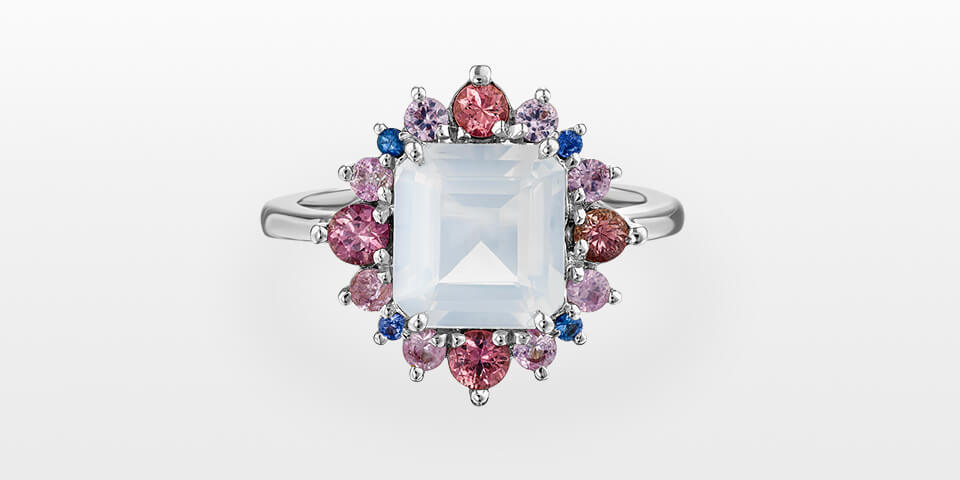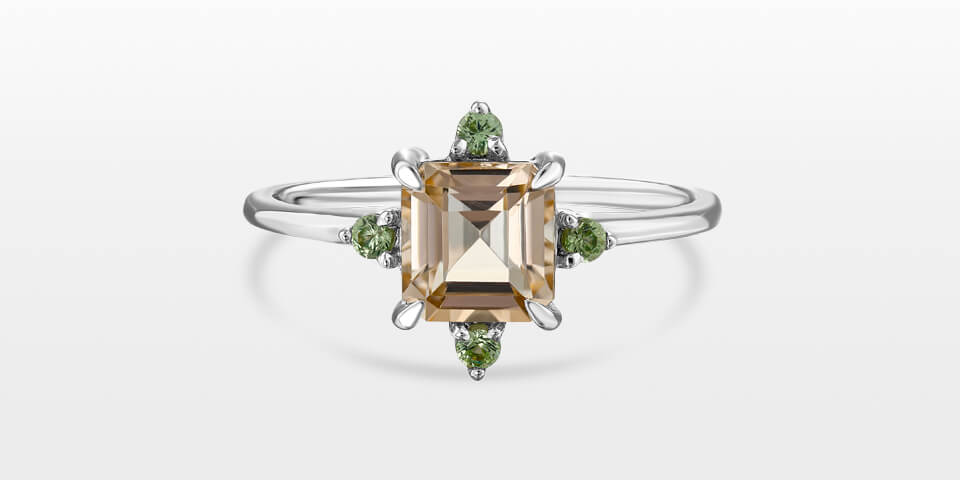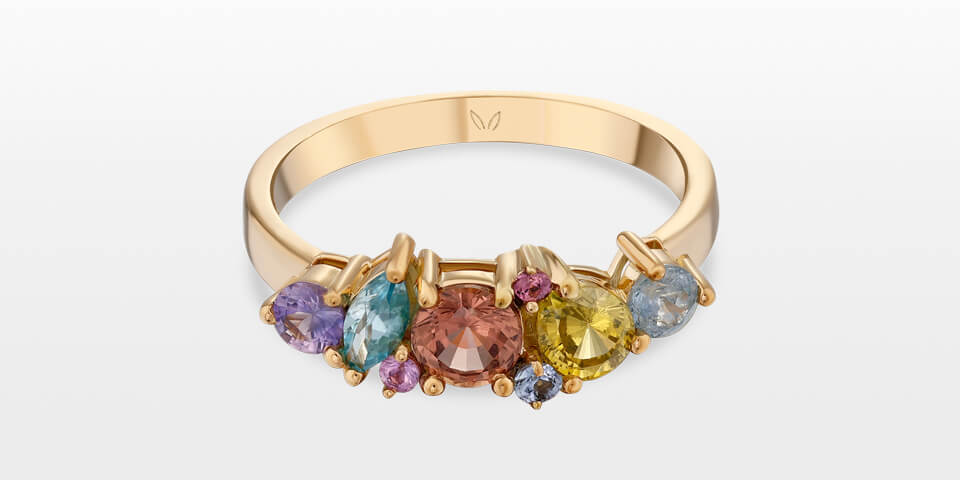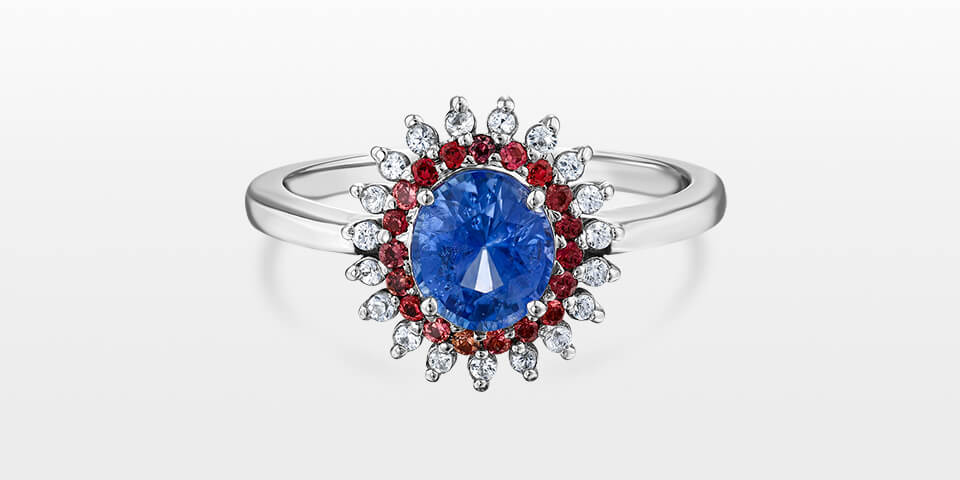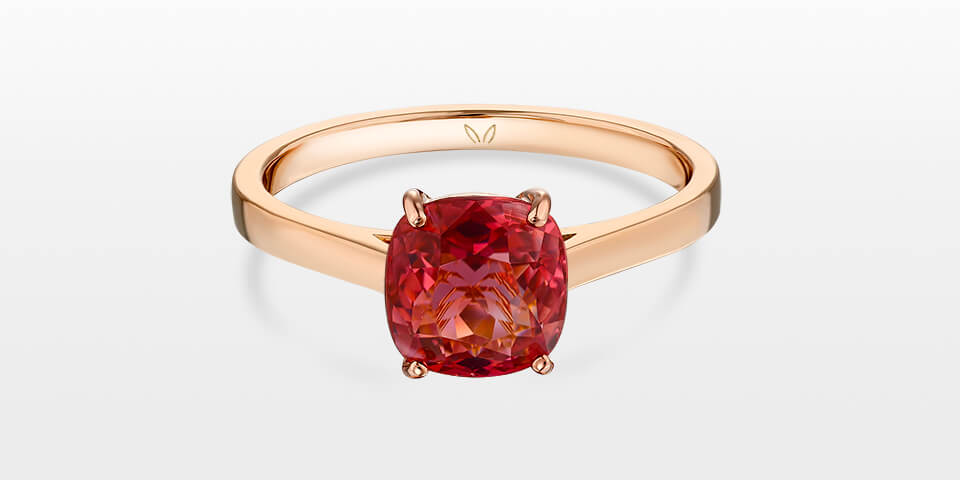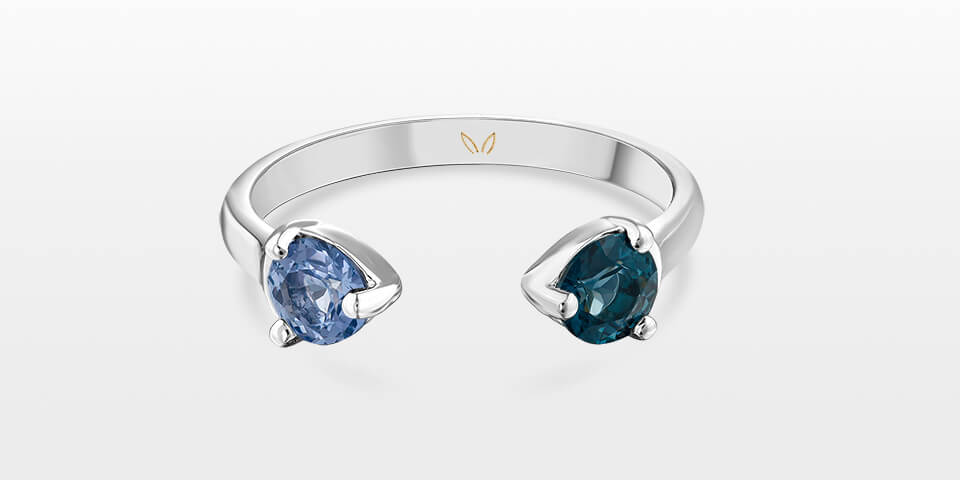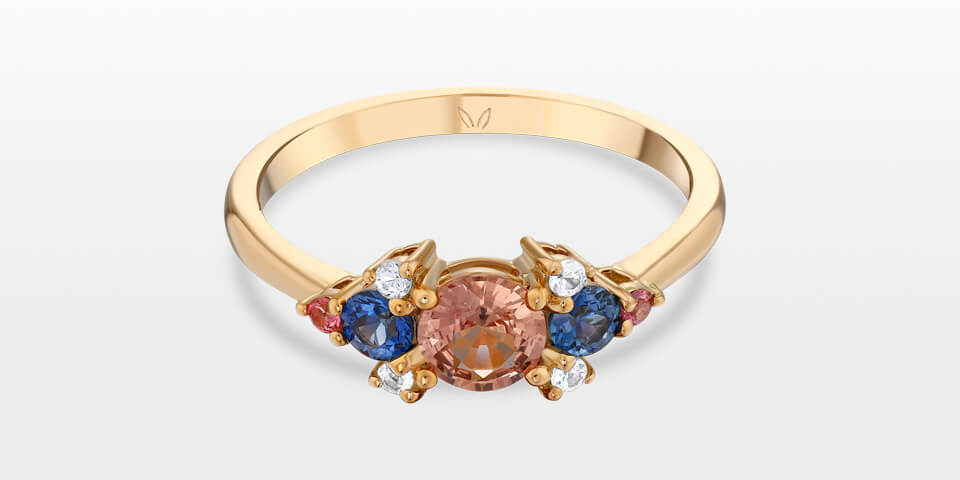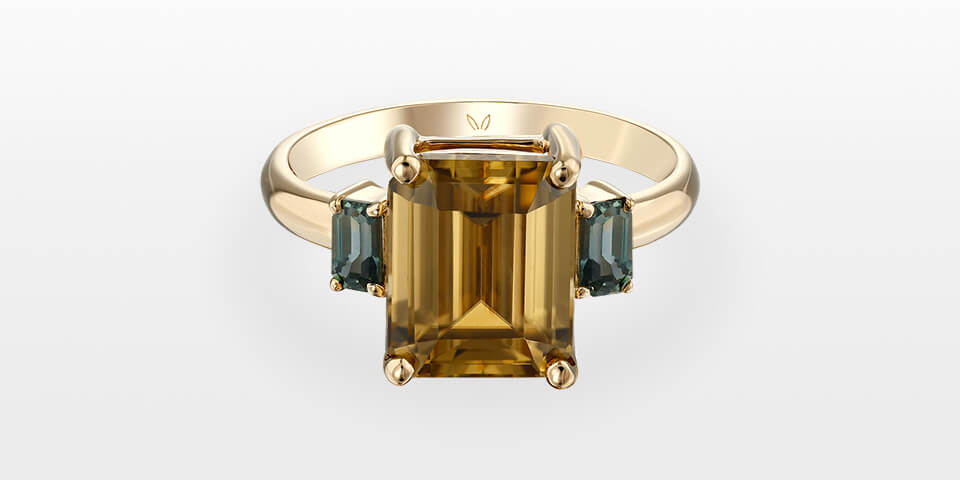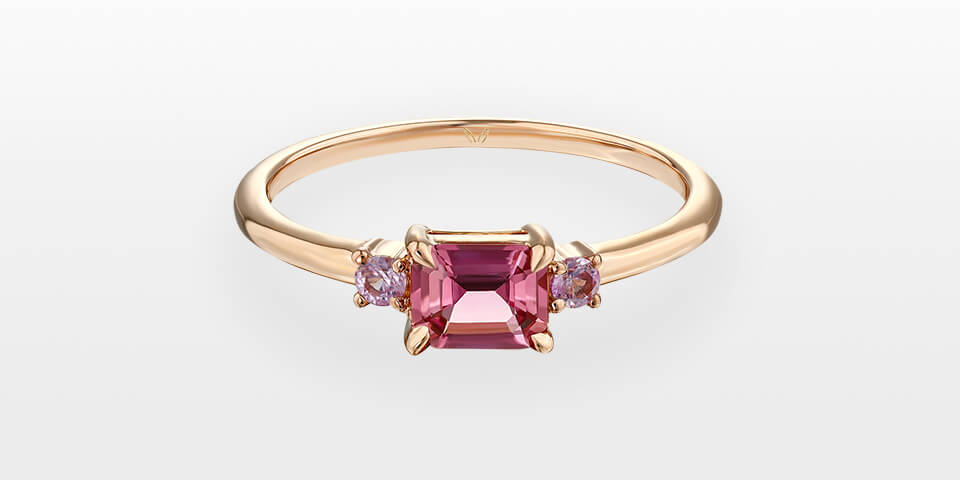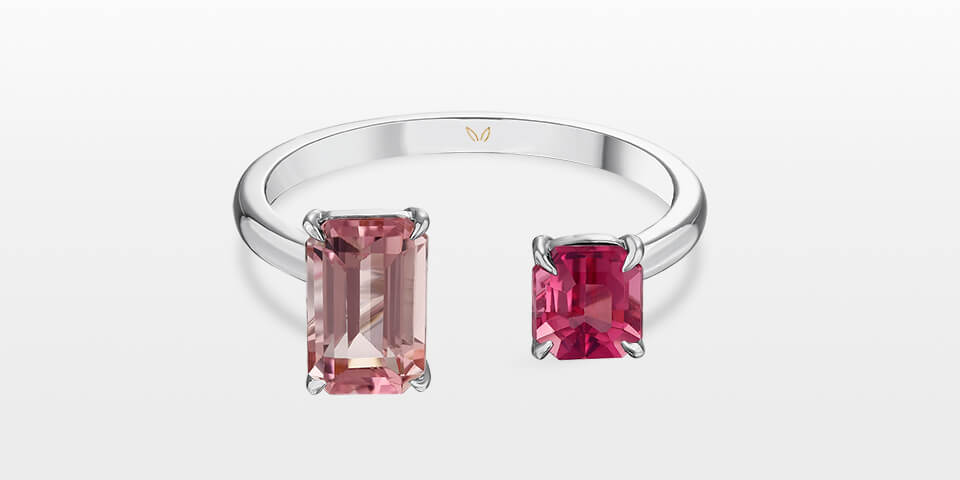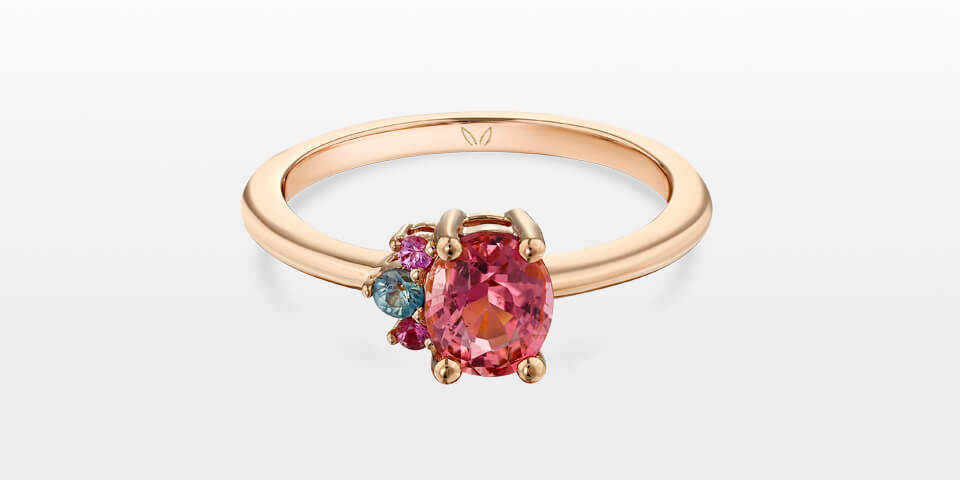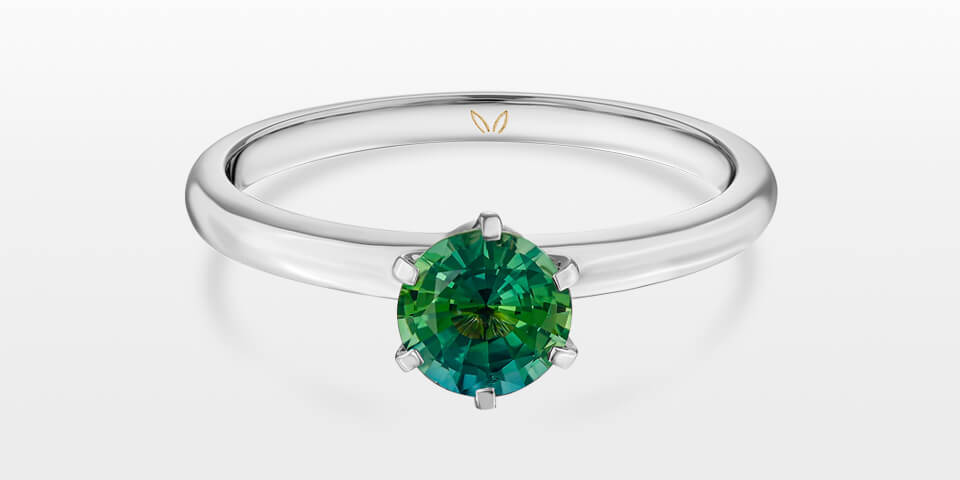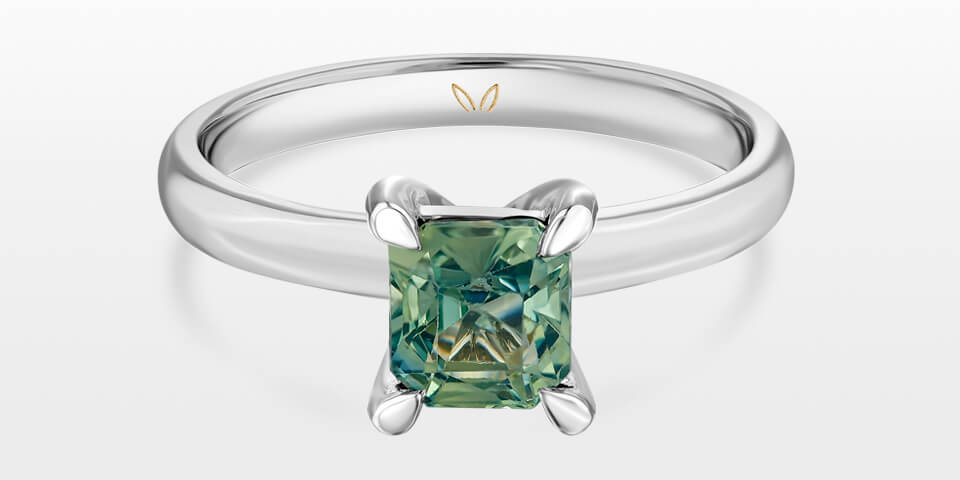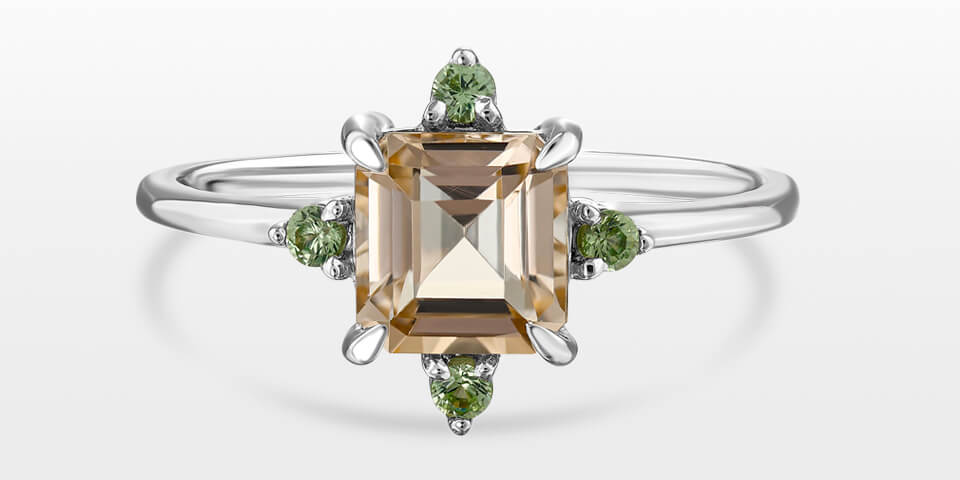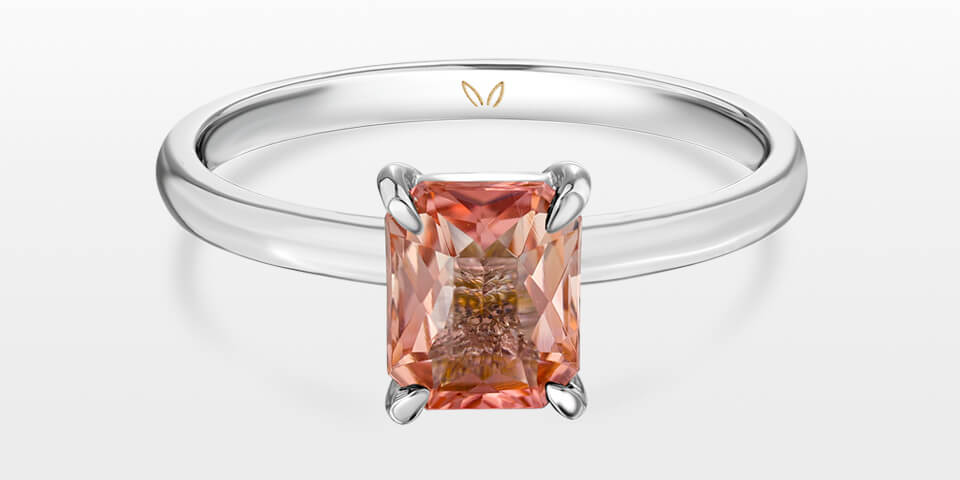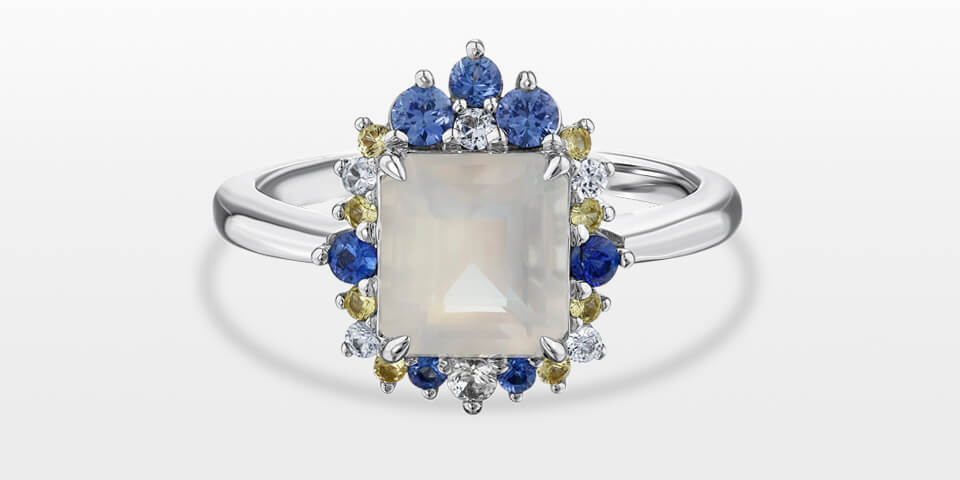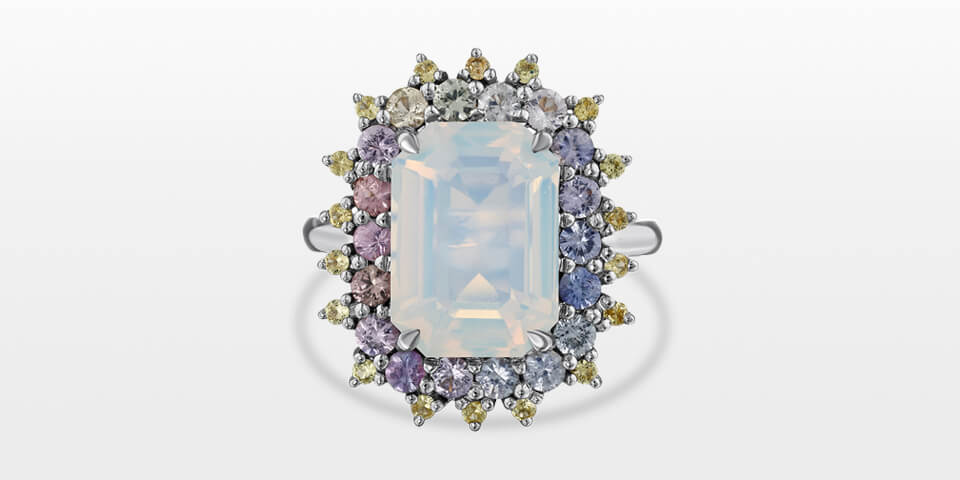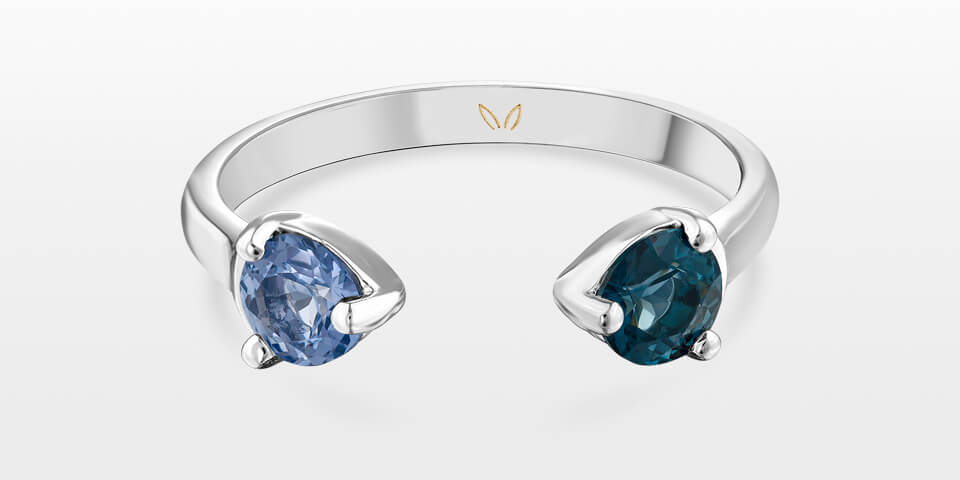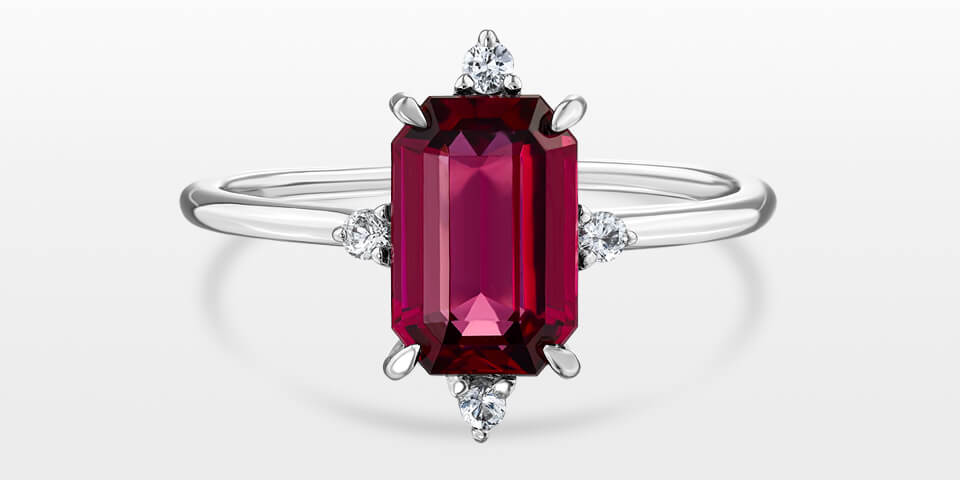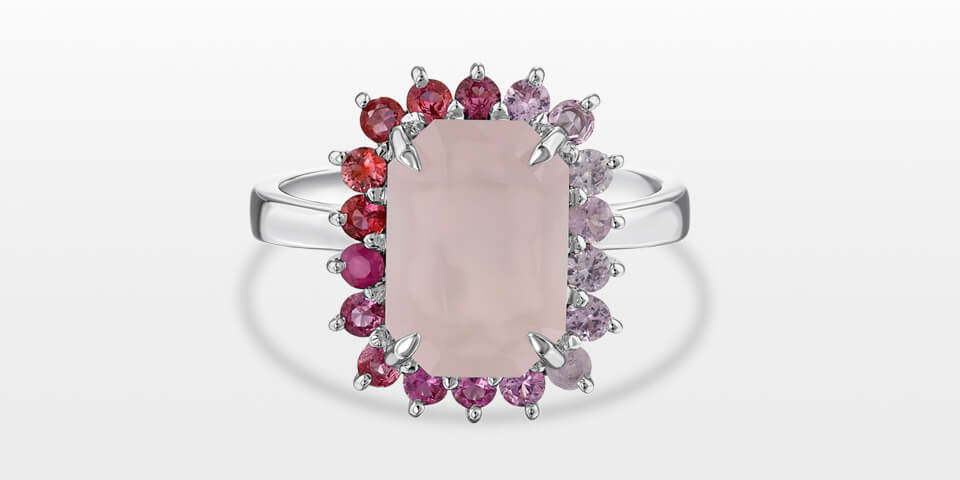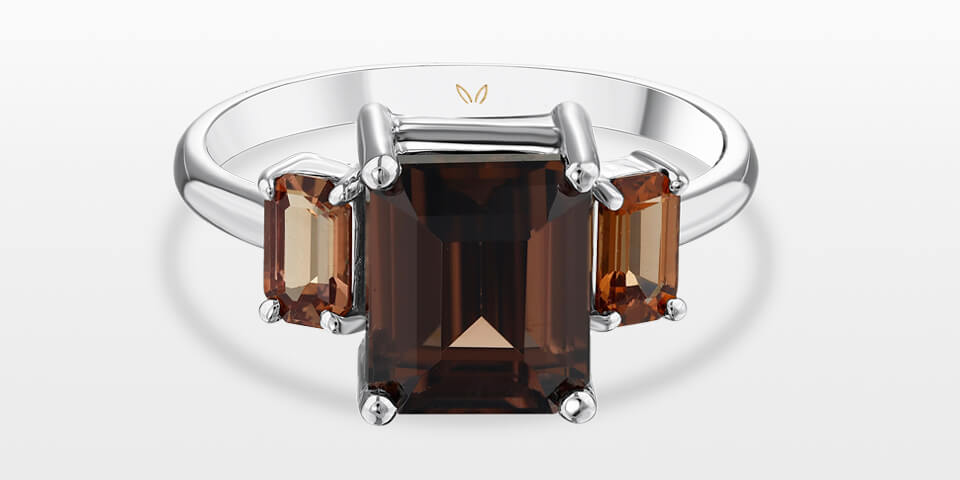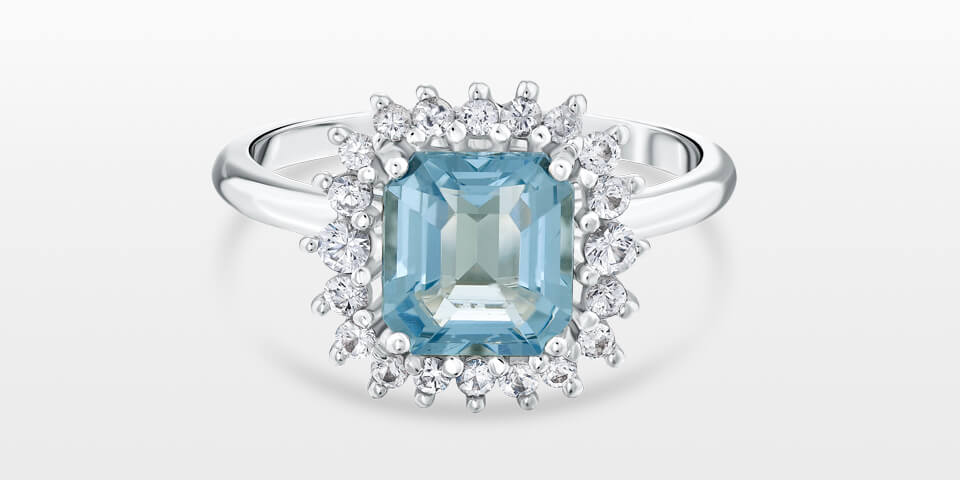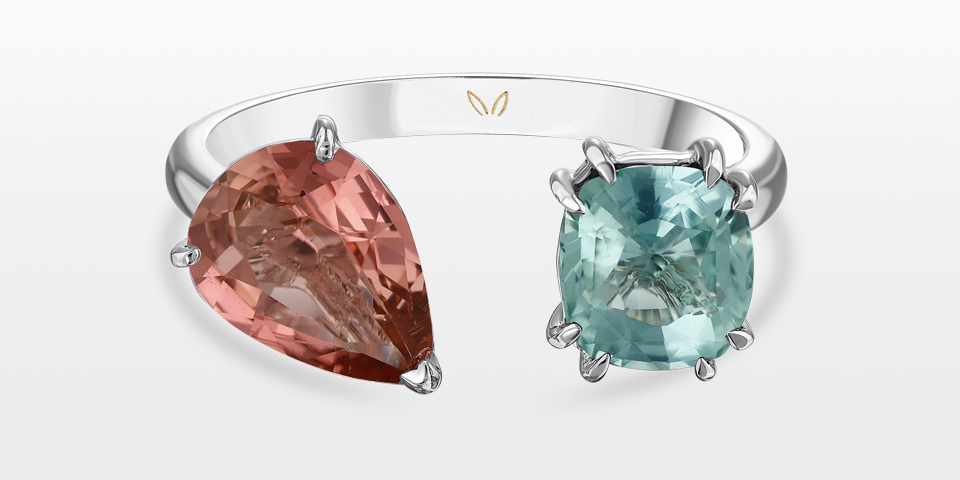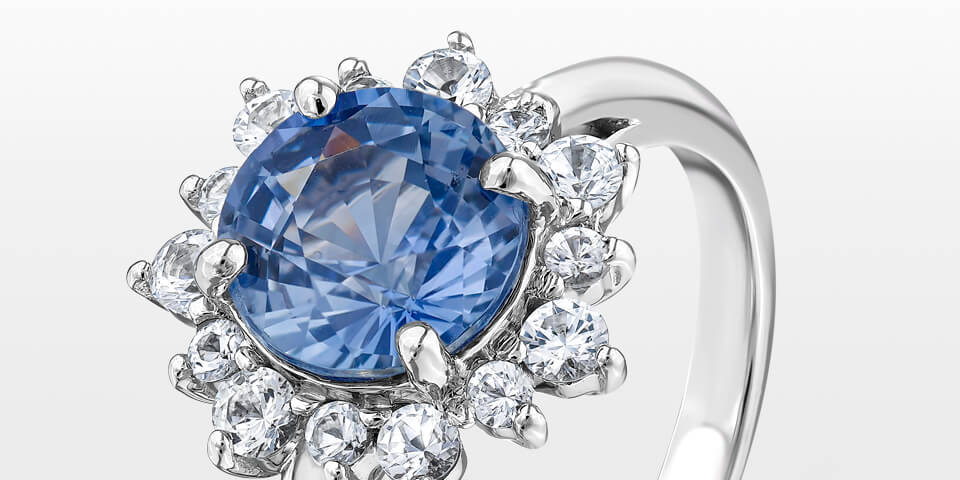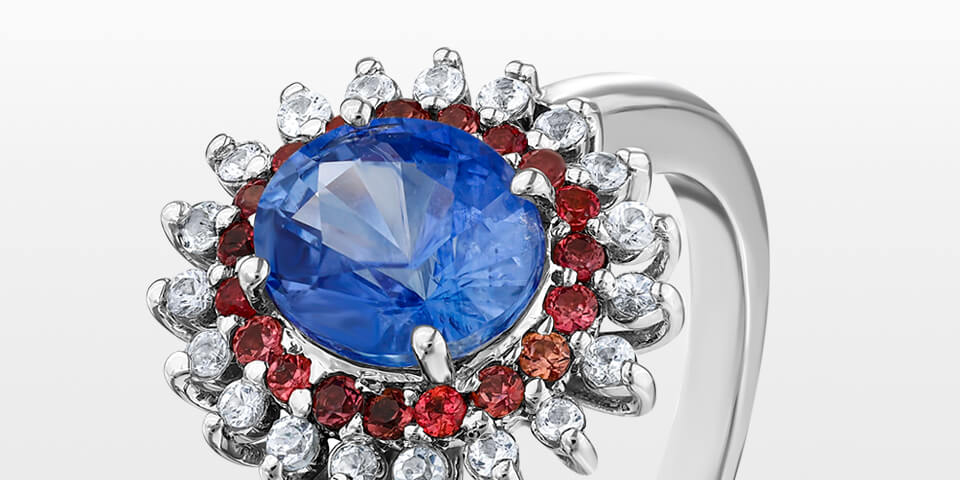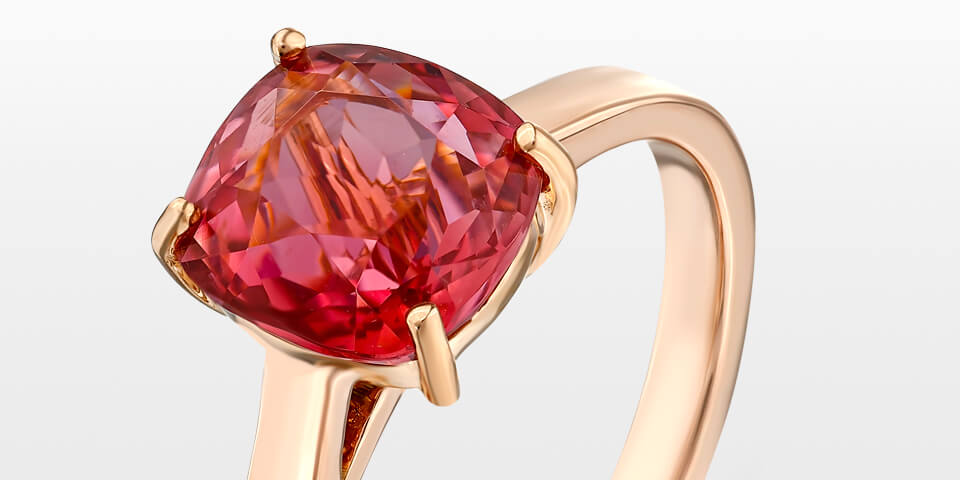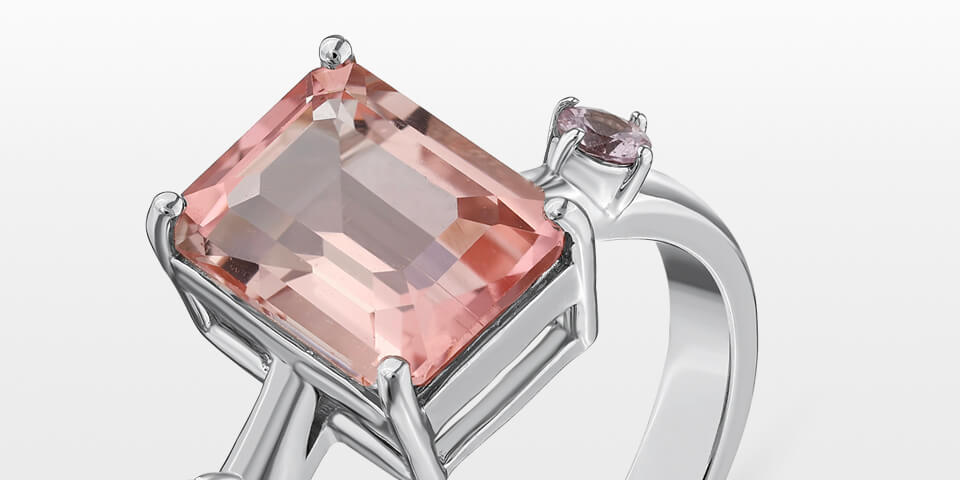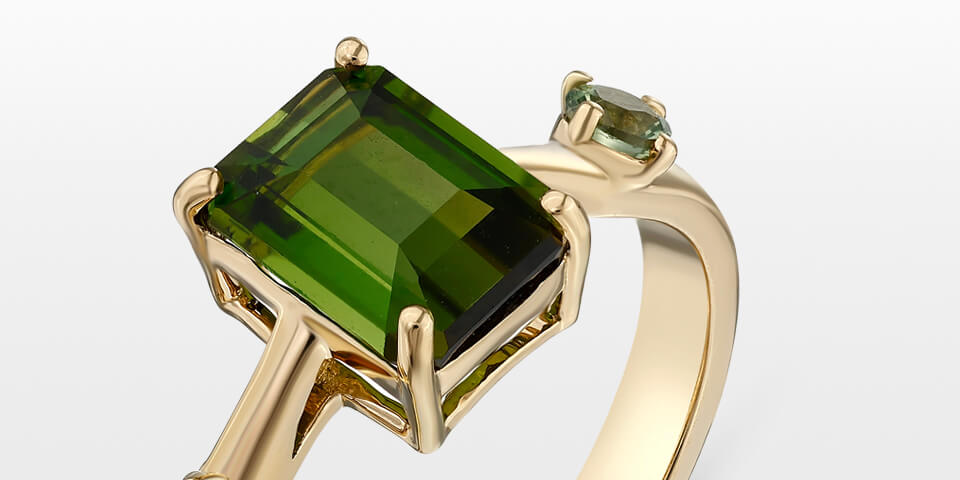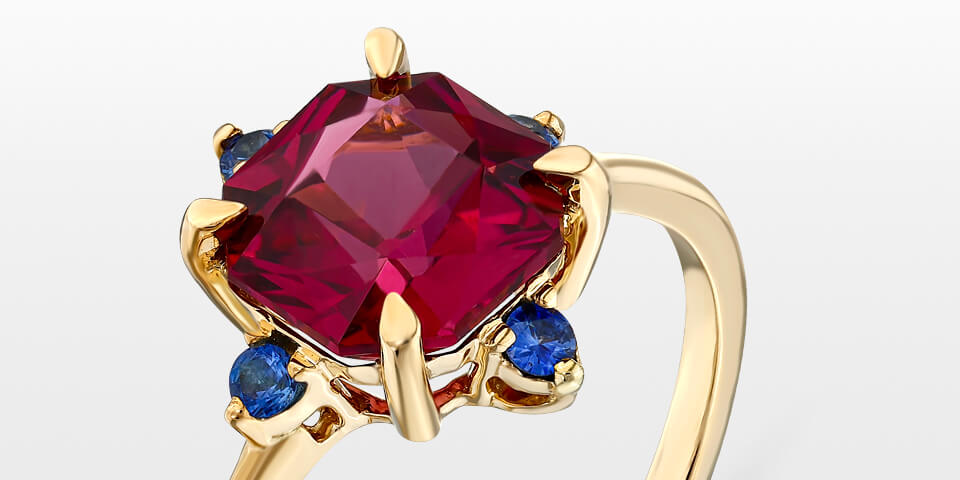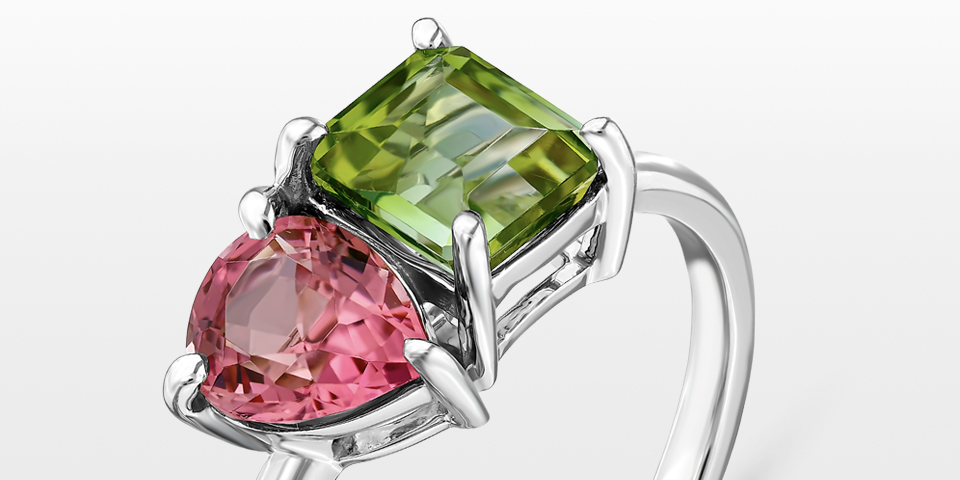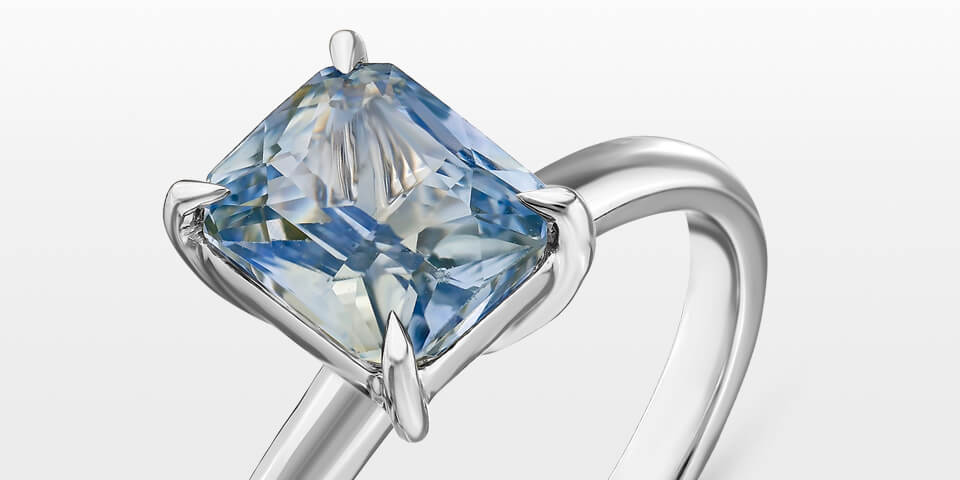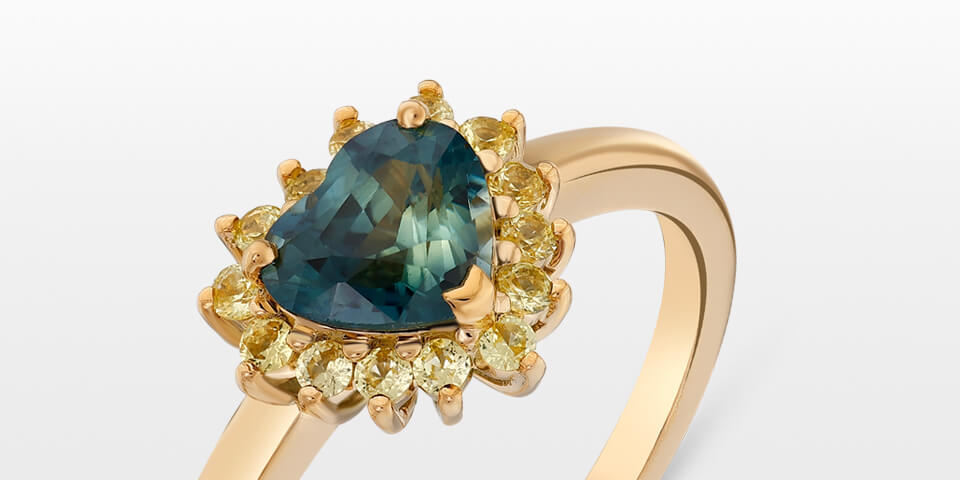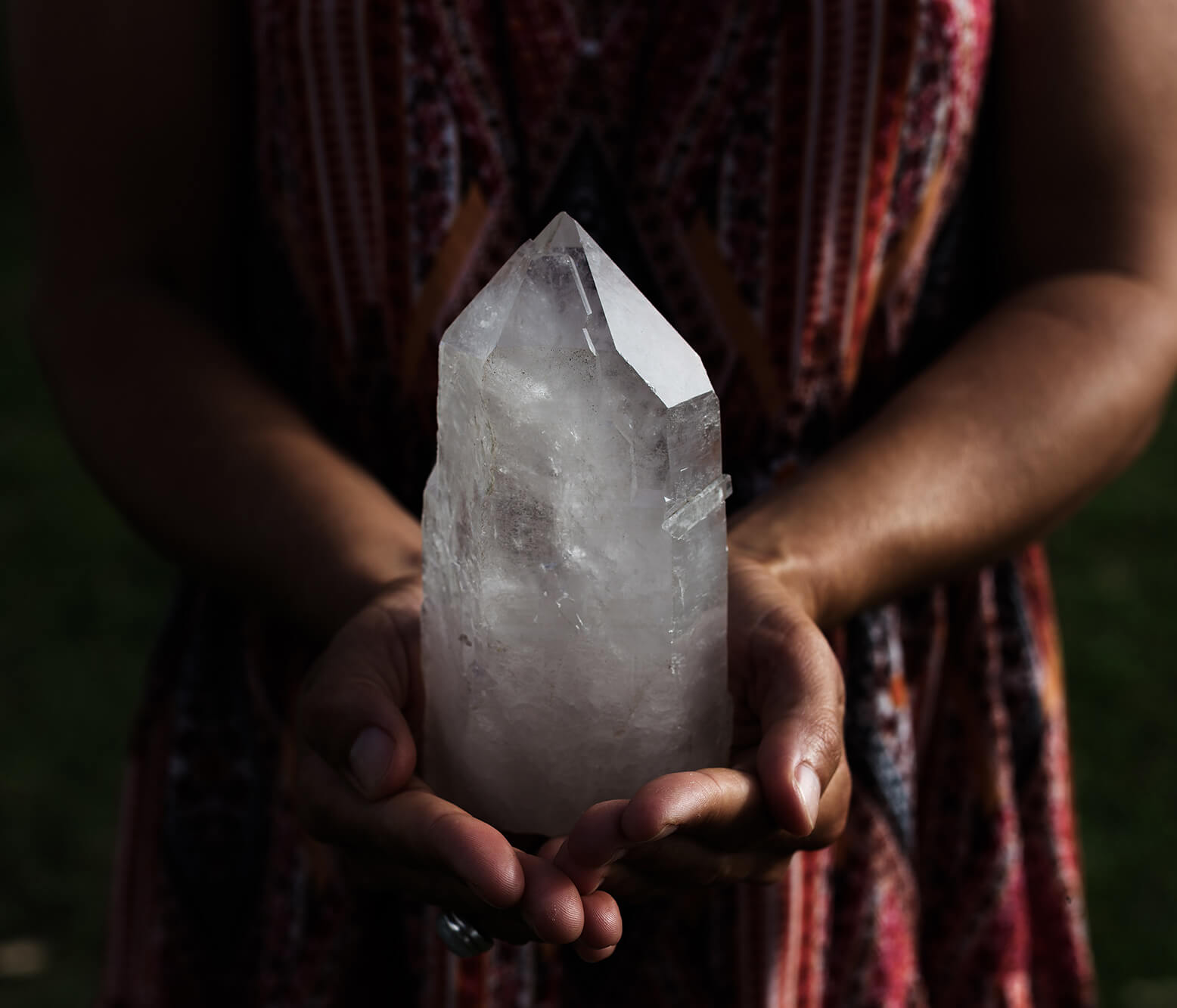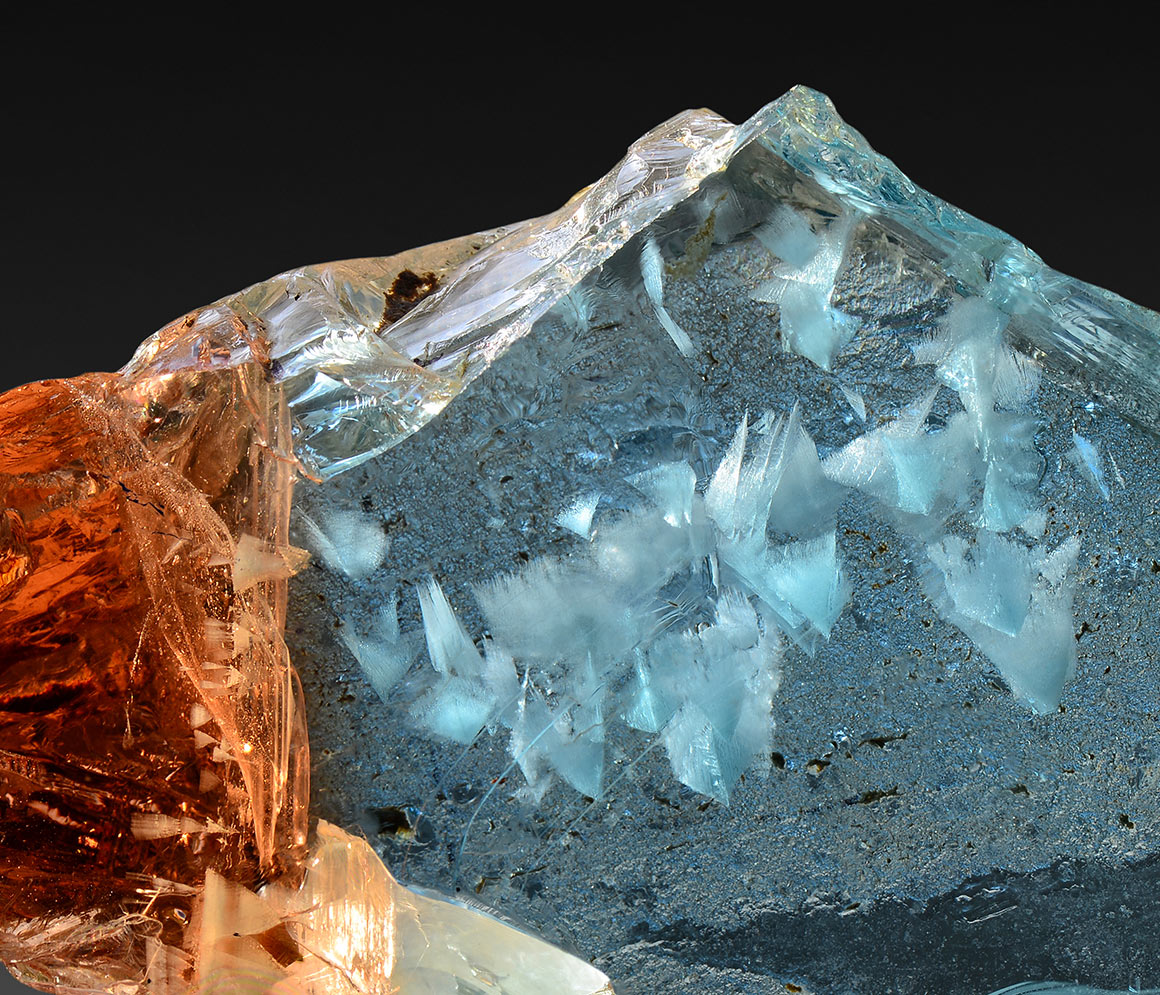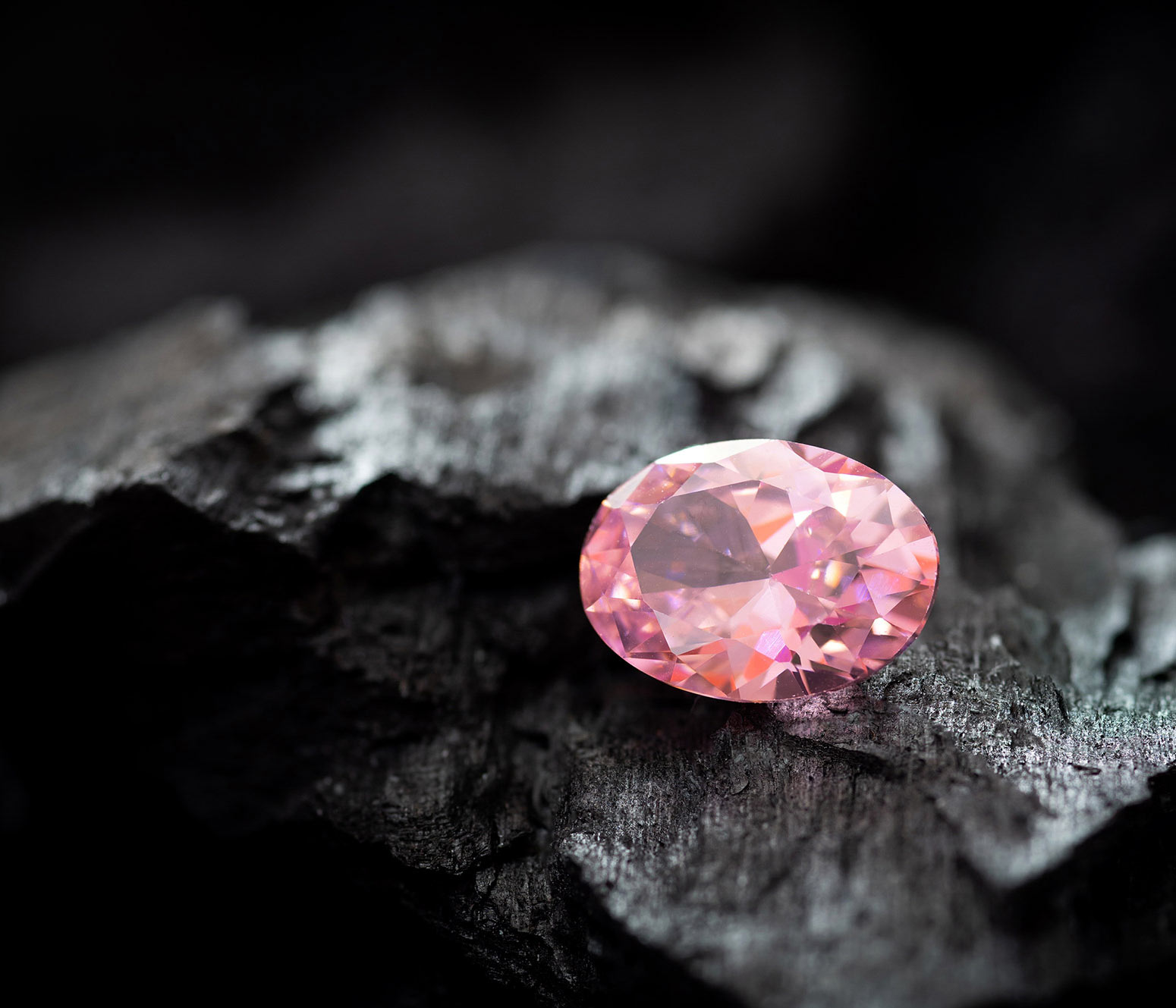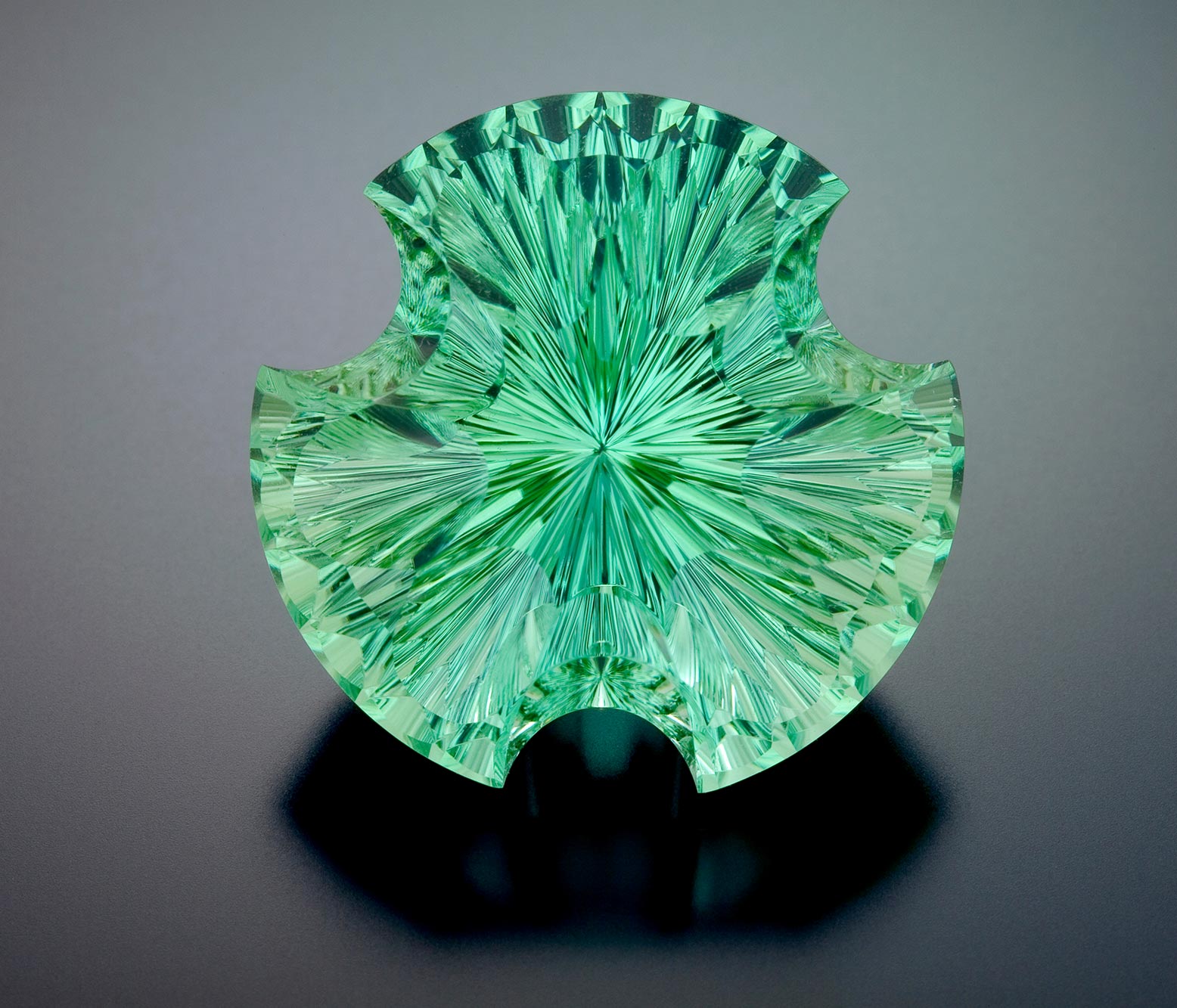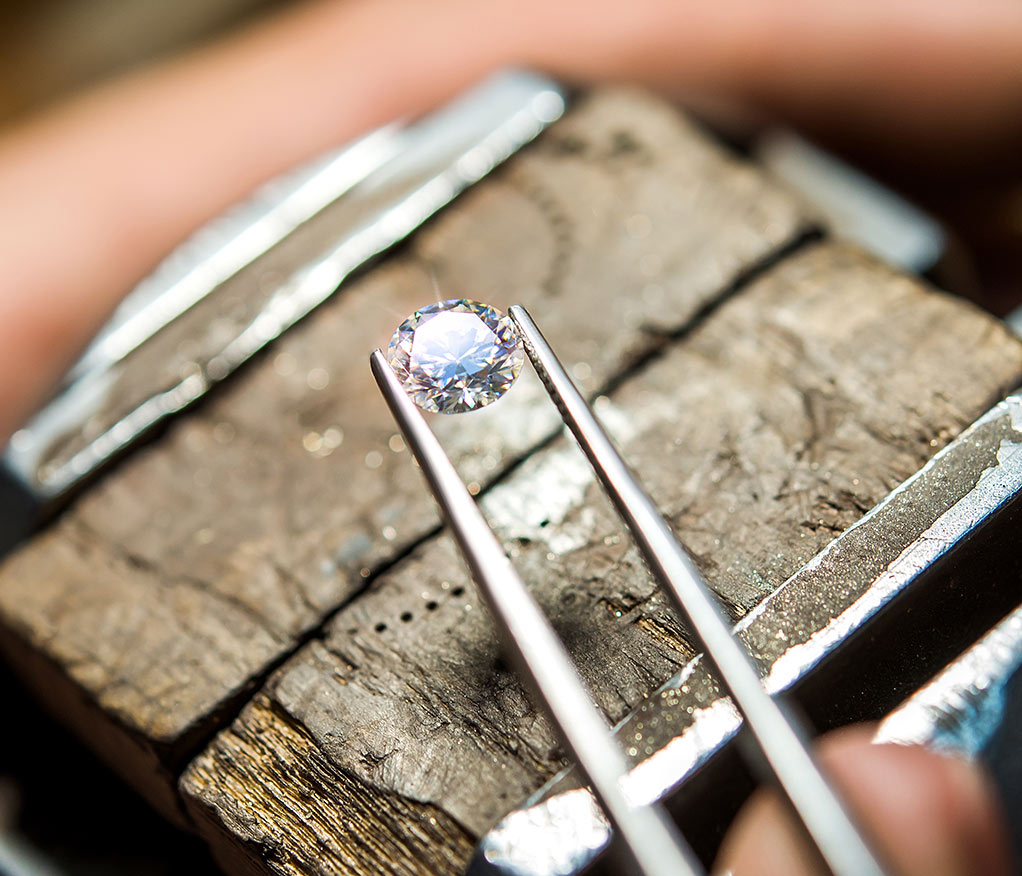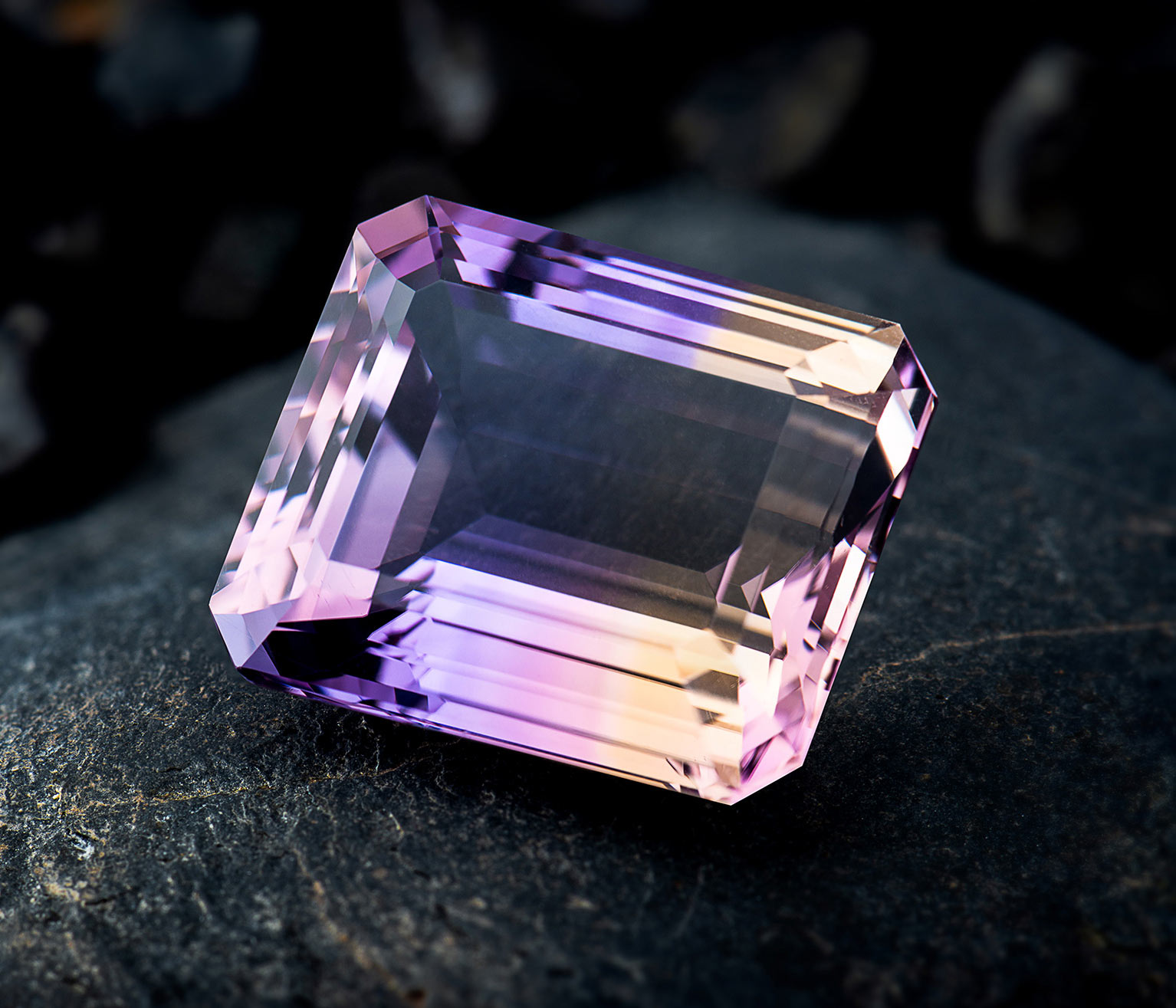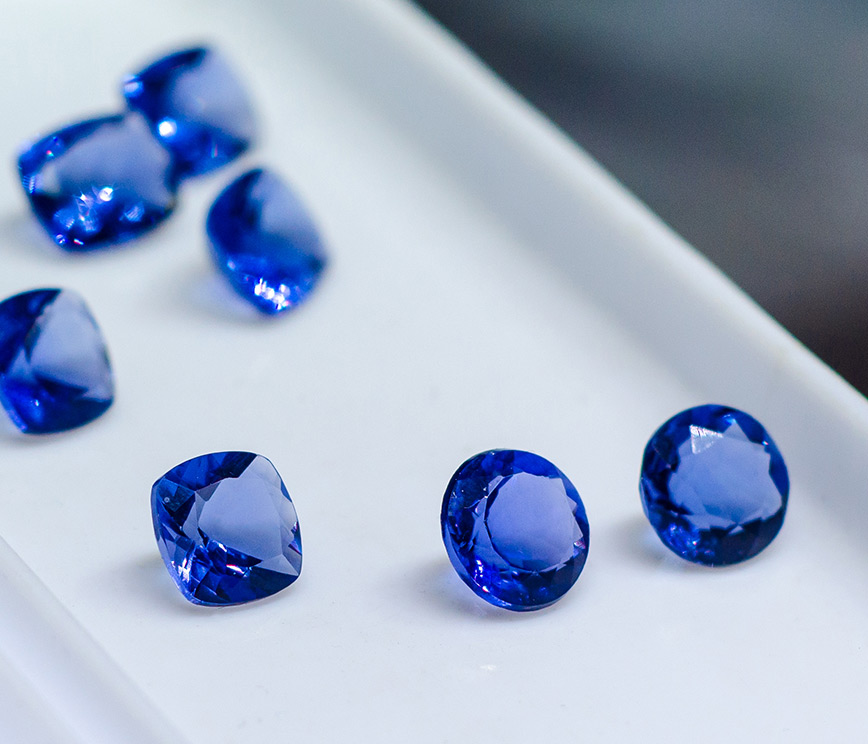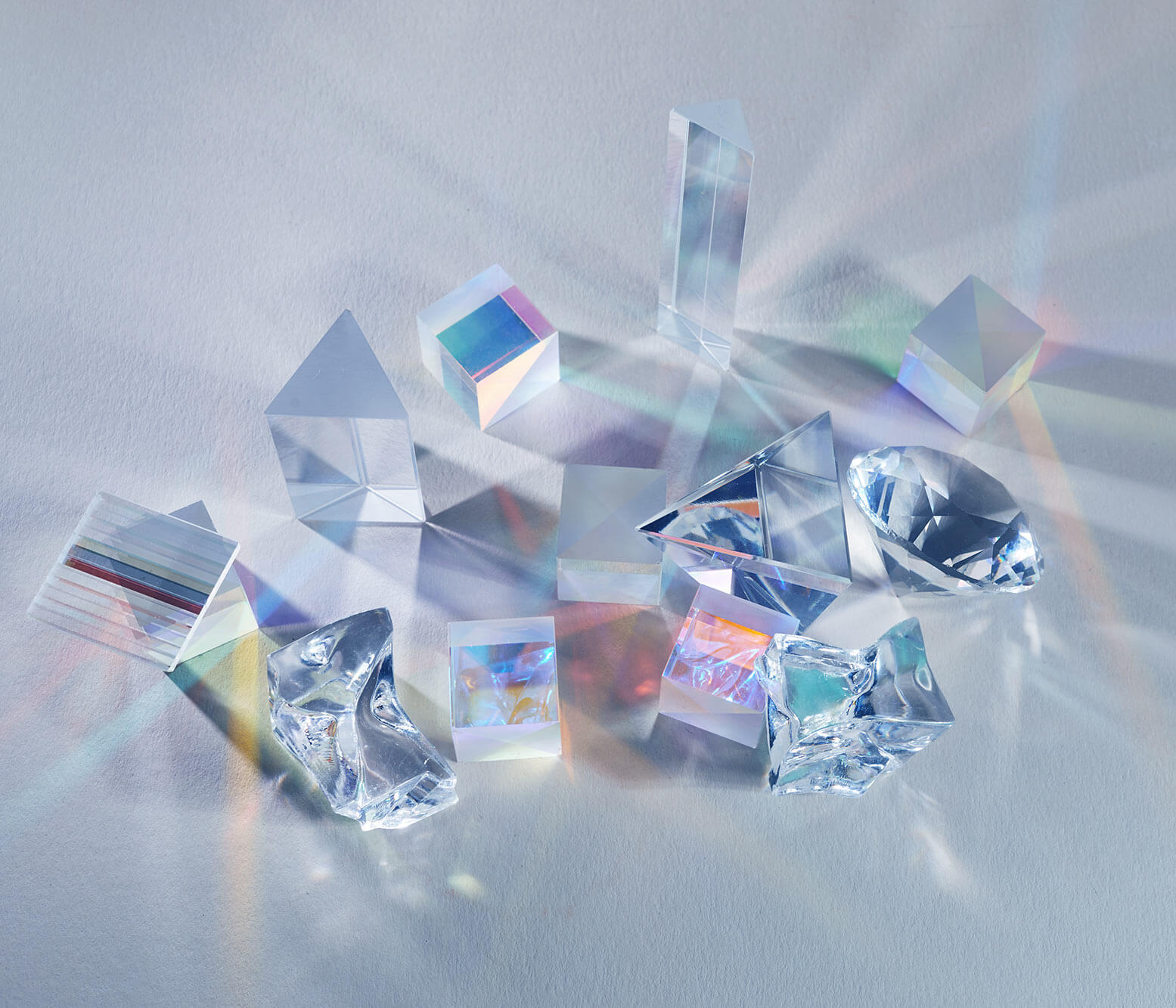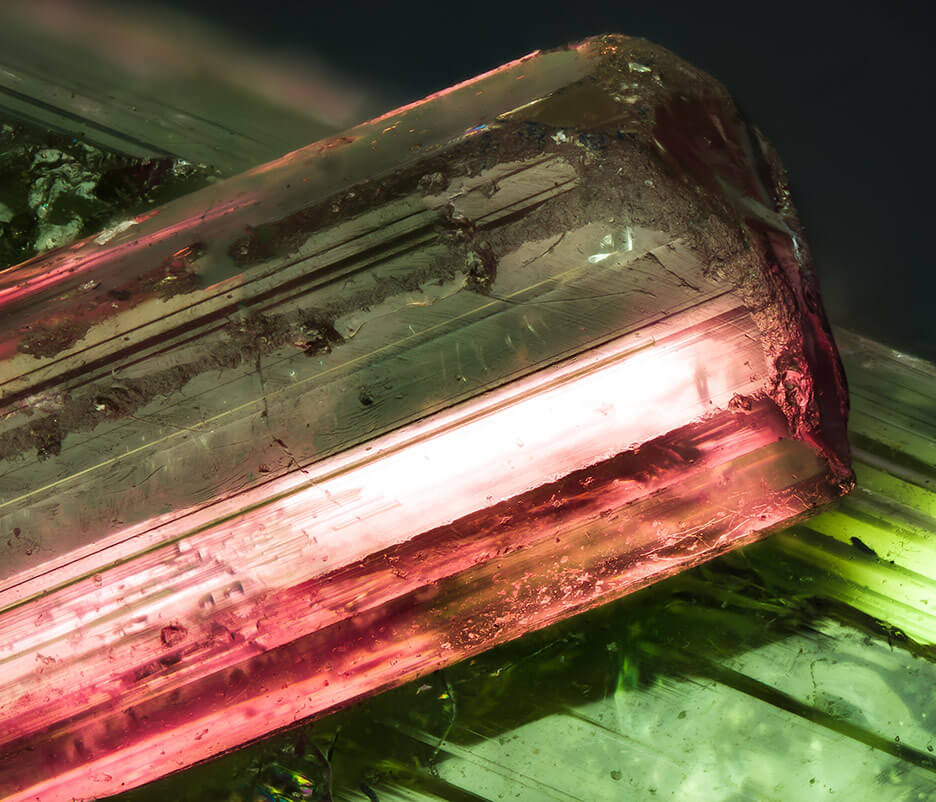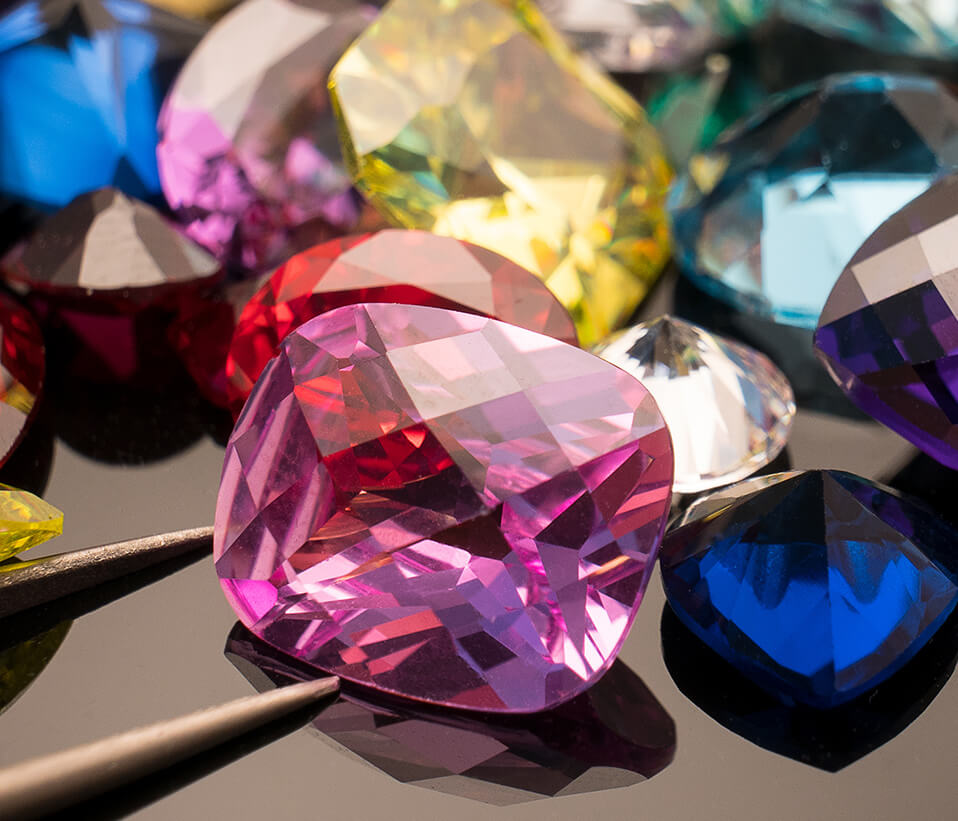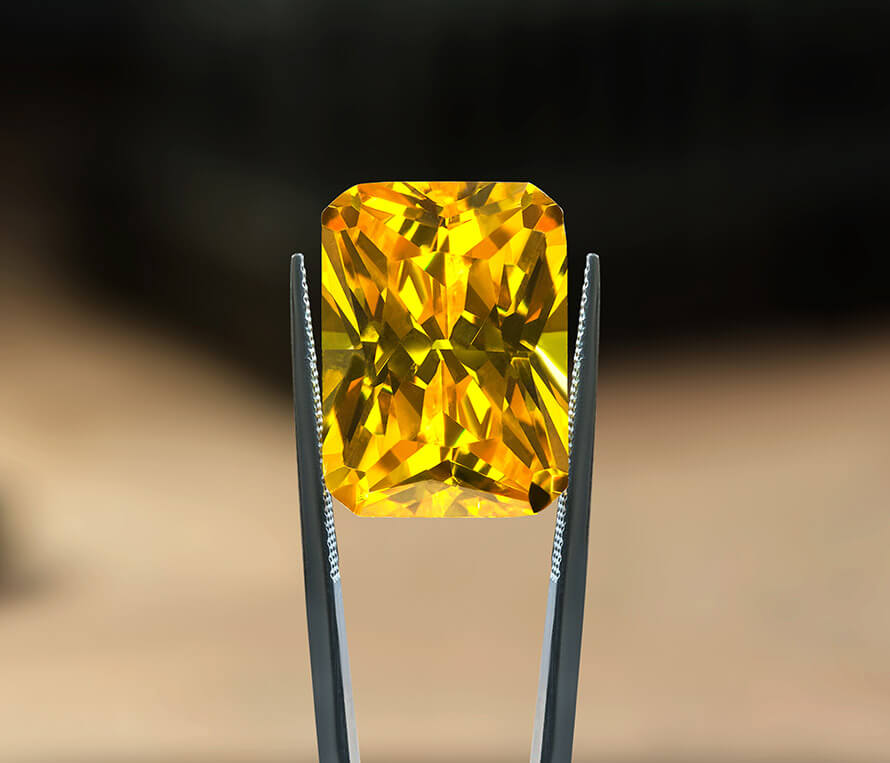Blog

latest blog, news and updates
about World of Alice
Enhancing gems
Numerous gemstones are treated to improve their inherent qualities. Gem sellers are required to disclose any additional procedures the stone may have undergone, in addition to the usual cutting and polishing procedures a lapidary will perform. This is due to the fact that some treatments can affect a gem's durability or wear off, in addition to the fact that a gem's value is based on its natural characteristics. Topaz gems, for instance, can have their synthetic coating scratched off.
The value of a gem
What are the Main Components of the Value of a Gemstone? Gemstones are viewed as very prestigious objects in many, if not most, cultures, whether they are collectible specimens, used in everyday jewelry, or included in stunning works of art. The highest possible level of material quality, aesthetic beauty, and skilled craftsmanship can be found in fine gems, despite the possibility that their value is entirely artificial. A little bit differently than diamonds, other stones are graded and valued. Although diamonds can also be colored, the fundamental ideas behind "colored stones" still apply to non-diamond gems.
Gem cuts
There are three basic components, regardless of the gem cut being used: the crown, pavilion, and table facet. A gem's brilliance is influenced by the other facets and the ratio of the crown to pavilion. The facets on an emerald cut with a round, brilliant, or rectangular shape have the same names and occupy the same relative positions on the gem. The refractive index determines the angles at which the facets are cut. These angles are those for diamonds. The standard ratio of the crown to the pavilion is one to three, though this can change depending on the crown's angle.
Diamond valuation and grading: the most valuable gem of all
Natural diamonds with intense colors typically fetch very high prices. However, "colorless" diamonds are graded using a more intricate system because they typically have a higher value than most "colored" stones. A small change in grade can have a significant impact on value.
How to grade and evaluate gemstones?
Before they are dug up from the ground, gems can already be graded and assessed. Some gem deposits have specific locations that are known to produce more or better-quality gem material, and these locations are mined first. In order to separate the gem material, a further sorting process is used on the small portion of recovered material that is actually of gem quality.
Visual properties of the gemstones
What are the Visual Properties of a Gemstone? The very nature of a gem is revealed in the way it responds to light. Light gives gemstones their beauty, color, and sparkle. Since each stone has a unique set of optical characteristics, light can also be used to identify different types of gems.
Colors of gemstones
Gemstones are all unique to themselves, so they offer different colors according to the crystal structures of the stones and the minerals they contain. One of the most important features affecting the attractiveness and material value of a gemstone is the color of the stone. The colors of precious stones are evaluated in different categories.
What is a gem?
According to general definitions, a gem is any mineral that has received high praise for its beauty, toughness, and rarity, is worn as jewelry, and has undergone some type of shaping modification, most commonly cutting and polishing. In a broader sense, some rocks, like obsidian, and some organic materials, like amber, are included (a fossilized resin). But most gems are carved from mineral crystals, which are found in the earth. Gems do not include precious metals or objects carved from minerals that are not used as jewelry, such as vases, bowls, or figurines.
